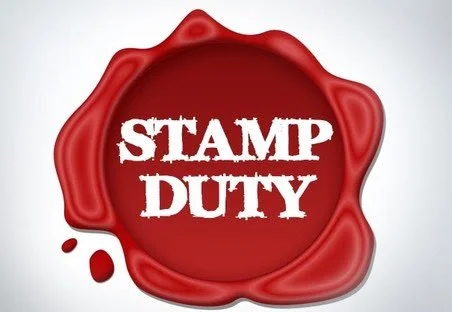Why does Singapore have the world’s highest property stamp duties for foreigners?
In my recent interactions with individuals, I have observed that there are 2 groups of people on opposite ends of a spectrum. On one end, there is a group of individuals who very much would like to buy a second property as an investment asset to grow their savings. They lament that they have no name ‘free’, such that they would not have to incur a hefty Additional Buyer’s Stamp Duty (ABSD) on a second property. (The ABSD is currently at 20% for a local, and 30% for a Permanent Resident.) On the other end, there are investors who are cash rich, but have fears or doubts about whether buying a second property would be a wise investment decision in Singapore.
And the observation above brings me to this question - have you ever thought about why the Singapore government imposed the highest stamp duties in the world for foreigners to purchase residential properties in Singapore in 2023? Foreigners used to pay 30% ABSD to purchase a first residential property. However, from April 27th 2023, the rate was suddenly doubled to 60%, and now Singapore has the world’s highest property stamp duties imposed on foreigners, about 65%, when we include the Buyer’s Stamp Duty (BSD) as well. In comparison, cities such as New York impose only 4%, Melbourne, Sydney and London 14%, and Hong Kong, 30%, of stamp duties.
This is a tell-tale sign that foreign investors regard Singapore as a safe haven for residential property investments, and are attracted to buy local assets, Hence, to prevent the property market from experiencing a property ’bubble’ and running ahead of economic fundamentals, especially with the influx of family offices into this little red dot, the government imposed this drastic cooling measure.
The government has an eye on the local property market like a hawk’s, and the market is tightly regulated with instruments such as Total Debt Servicing Ratio (TDSR - which stipulates that the loans one services cannot exceed 55% of one’s monthly income) as well as various stamp duties and policies on property. In fact, the TDSR, imposed as a cooling measure in 2013, effectively prevents people from over-leveraging and reduces instances of individuals defaulting on property loans.
The BSD and ABSD are also instruments deftly used as cooling measures as well, to regulate demand in the market, while the Seller’s Stamp Duty (SSD) regulates supply of property units. (Note the new regulation introduced this month, with the increase of SSD rates and the holding period to 4 years.) Ours is not a free-fall property market, easily vulnerable to the vicissitudes of global economic forces. This is because most locals here own a residential property, be it a HDB flat or a private condominium or landed property, as opposed to some countries where their citizens are more likely to rent properties for residential stay. In fact, many citizens here have benefitted from their property assets to grow their savings and retirement nest eggs, and the prices of residential properties, be it subsidised or private housing, have consistently outpaced inflation from 2013, showing that property assets are resilient and stable, and in fact, should provide you capital appreciation, when held on to, for some time. The question of what to buy though, should be explored with a real estate consultant so that you invest smart, and make your money work harder for you, to give you better returns.
In summary, think of the TDSR as a fulcrum playing a central role in property prices, with instruments to control property demand on one end, such as ABSD, and instruments to control supply on the other, such as SSD. What results is a gentle gradient, and property prices can increase steadily in a manipulated market, rather than fluctuate wildly, in an unregulated market. Does this now give you insight as to why there are still many couples who are keen to hop onto the ‘decoupling’ wagon, so as to own 2 properties, and to make hay while the sun shines? Thus, understanding the local property market can reduce one’s fear, and increase confidence, to include property assets in one’s wealth management portfolio.

